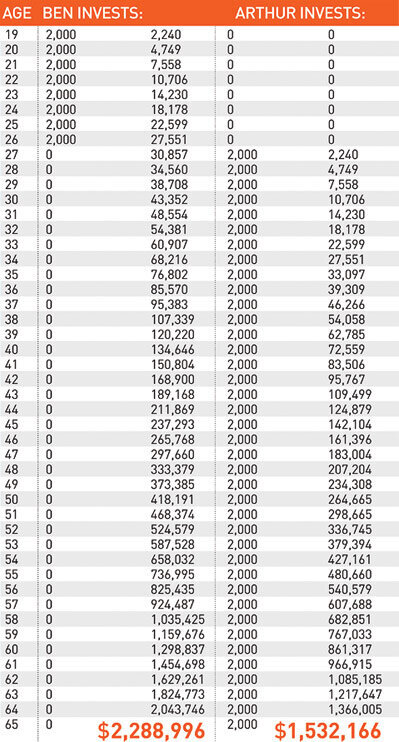95 million Instagram posts.
500 million Tweets.
1 billion Facebook links.
14,000 new websites.
Such is a single day of life in 2020. Information overload is an understatement. Thousands of times per second, new thoughts are published, ideas are broadcast, and tips are shared. Those looking for lasting wisdom amidst the noise do so amidst a hailstorm of information.
Table of Content
Financial literacy is no exception. Every generation, every year, and every month seem to carry their own financial fads. From “watching your latte factor” to “pinching your pennies” and “pinching your dollars, not your pennies,” new advice pops up every day.
In this age of information overload, let’s do something else. Let’s get back to basics.

Old wisdom works.
When Tess Vigeland, the host of NPR’s show Marketplace Money, retired, she signed off by sharing what she’d learned over her years hosting a show dedicated to finance. Her final words of wisdom?
Now here is where I could insert a bunch of the usual personal finance bromides. Spend less than you earn. Save all you can for retirement. Stick to a budget. Sure — all those are important. But after six years of dispensing financial advice or at least being in the room when we gave that advice, it really comes down to one thing: choices. And there’s almost nothing more personal in our lives than the choices we make.

Follow fads at your own risk.
According to a report from Bitcoin Profit, Warren Buffett, the world’s most famous investor, has been criticized over the years for avoiding tech stocks and the profits they reap. His reason? He doesn’t understand them, so he sticks to the basics he knows – t-shirts, bricks, chocolate, and toilet paper among them. His philosophy seemed questionable amidst the dot-com boom of the 1990’s, but wise amidst the bubble’s pop soon thereafter. When you avoid a financial fad, you’re limiting both risk and potential reward. Only time will tell which was wisest. In the meantime, stick with what you understand.

Compound interest is key (and never ceases to amaze).
It’s one of the oldest, surest, and most frequently ignored pieces of financial wisdom. It’s the power of compound interest, and it’s the financial equivalent of a superpower for the young. Invest early at a steady interest rate, and you’ll do far better than any “grown up” working to catch up at an older age. Need a reminder? This chart from Dave Ramsey reveals the power of compound interest through a few $2000 investments at an early age as compared to many, many more by an adult:

Ready to join us on our quest to get back to basics? Check out our page devoted to Financial Basics.

